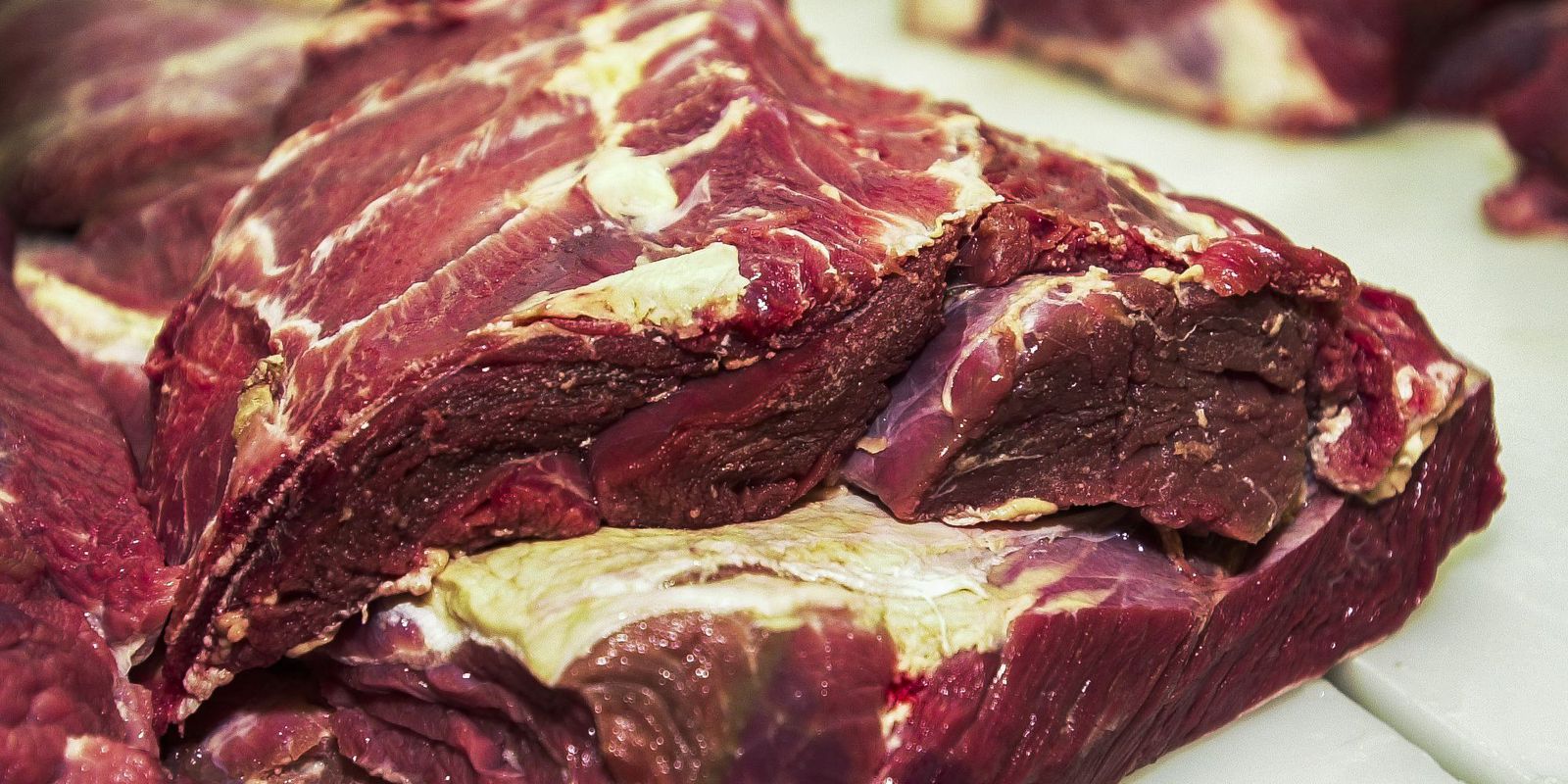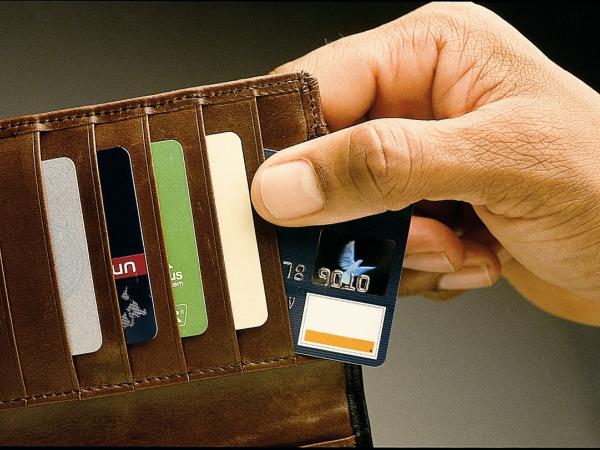The federal government announced this Wednesday (11) that it will zero the import tax rate for seven categories of food products. The decision was taken by the Executive Management Committee of the Foreign Trade Chamber (Gecex/Camex), of the Ministry of Economy.
In a press conference to detail the measures, the executive secretary of the portfolio, Marcelo Guaranys, said that the objective of the measure is to contain the advance of inflation in the country.
“We know that these measures do not reverse inflation, but they increase the contestability of the markets. So, the product that is starting to grow a lot in price, given the greater possibility of importation, businessmen think twice before increasing the product so much. is our logic with this instrument”.
In April, the Broad Consumer Price Index (IPCA), which measures official inflation, closed at 1.06%. It was the highest index for a month of April since 1996 (1.26%). According to the Brazilian Institute of Geography and Statistics (IBGE), which calculates the IPCA, inflation accumulated in 12 months is 12.13%.
According to the secretary of the Chamber of Foreign Trade, Ana Paula Repezza, the tax reduction comes into effect from tomorrow (12) and is valid until December 31 of this year.
The food products that had the import rate completely zeroed are:
- frozen boneless beef (tax was 10.8%);
- pieces of offal, edible from roosters/chickens, frozen (tax was 9%);
- wheat flour (tax was 10.8%);
- other wheats and mixtures of wheat and rye, except for sowing (tax was 9%);
- cookies and crackers, added with sweetener (tax was 16.2%);
- other bakery, pastry, biscuit industry, etc. (tax was 16.2%) and
- corn in grain, except for sowing (tax was 7.2%).
The Ministry of Economy reported that the impact with the tax waiver could reach R$ 700 million by the end of the year. There is no need for tax compensation, as it is a regulatory tax, not a tax collection.
“The import tax has a function that is not collecting, its function is to regulate the market. The reason behind it is the regulation of the market, either for one side or for the other”, explained the deputy executive secretary of Camex, Leonardo Diniz Lahud.
Other reductions
In addition to zeroing the tax on imports of food products, Camex also reduced or zeroed the tax on other imported products. Two of them are inputs used in agricultural production.
Sulfuric acid, used in the fertilizer chain, had a zero tax rate of 3.6%. Mancozeb, a type of fungicide, was taxed from 12.6% to 4%.
Taxes on two types of steel rebar were also reduced, in response to a request from the civil construction sector, which was already under analysis by the Ministry of Economy. These rebars, which had an import tax of 10.8%, will now pay 4%.
“The most important characteristic of these claims and what differentiates them from claims related to food, is that this is a claim that had been technically analyzed in the ministry for at least eight months”, justified Ana Paula Repezza, regarding the reduction in the import tariff of steel rebars.
Article amended at 6:02 pm to correct information in the ninth paragraph: the mancozeb import tax was reduced to 4%, and not zeroed as initially informed.
















